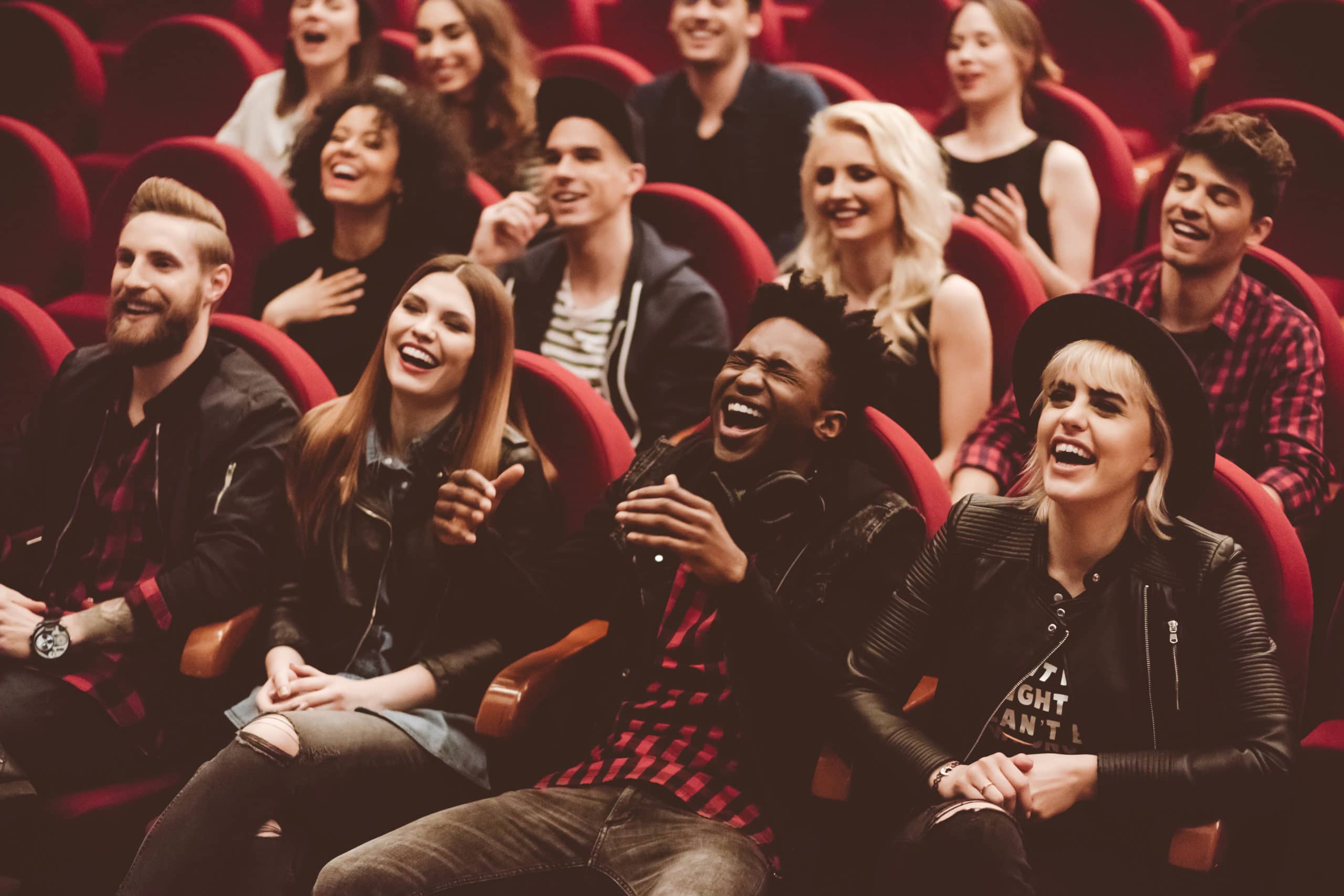My cell phone lights up with a coronavirus joke: “After years of wanting to thoroughly clean my house but lacking the time, this week I discovered that wasn’t the reason.”
Laughter, it’s said, is the best medicine. And there’s plenty of evidence to prove it. Experts say cracking a joke can relieve mental and physical stress, reduce pain and allow us to tolerate discomfort.
It should come as no surprise then that as the world hunkers down in the face of the worst global health crisis in 100 years, gags, memes and funny videos are spreading almost as fast as Covid-19.
My cell phone lights up again: “Three hours into homeschooling and one child is suspended for skipping class and the other one has already been expelled.”
Black humour, explains Professor Arie Sover, a lecturer and researcher in communication and humour studies at the Open University of Israel, is a psychological means for coping with very difficult or impossible situations.
“It’s both a relief system and a tool which permits sharing one’s anxieties with the community.”
But many criticize making light of a serious subject. With more than half a million people who’ve already died from the virus, it doesn’t seem like the most appropriate time to be making jokes.
“Everyone has his own line,” agrees Professor Sover. “It depends on culture, psychological traits and education… One has to be smart using humour, but humour should not be restricted or forbidden.”
“I think many things provoke anxiety at a time like this,” says comedian Yisrael Campbell.
“When it comes to dealing with anxiety and coronavirus, for some people, staying at home is soothing and for others, it’s the opposite. Some people will be comforted to wear a mask outside, some people will be more anxious. I don’t think we can blame humour for this, or tag it as an anxiety provoker,” he says.
Benji Lovitt, another comedian, says if someone is watching stand-up comedy, or reading jokes, and getting stressed out, there’s nothing that can be done.
“You can’t please everyone. If there are a thousand people and someone is getting offended, what are we saying, that we should shut down comedy? Forget coronavirus, should we not have stand-up comedy about relationships because someone got dumped? This is the problem with today and the masses on Twitter, the loud minority. They represent everyone. If we are worried about people getting offended, then we have no more freedom of speech. The judges say if a reasonable person would find this not offensive then that’s what we should go by and not by the crazy one percent.”
“By definition, racist jokes aren’t funny,” insists Lovitt. “The comedian should be smart and that’s why comedy is tough. It often takes a professional to know where the lines are and what is appropriate. Once you start saying ‘this person cannot tell this joke’, it’s a dangerous and slippery slope and you can’t have comedy anymore. What we do know is that a person in a certain group is going to be more successful telling a joke about that group than someone who is not in the group.”
With Covid-19, we are all in the same group which makes the jokes universal.
Especially now as the virus seems to be growing with no vaccine on the horizon, joking gives people a sense of being in control of an uncontrollable phenomenon. We laugh also to connect with others – something we have lost in our fight against the virus. Many people find that the joke is their warmest companion against what’s happening.
– By Paula Slier, the founder and CEO of Newshound and the Middle East bureau chief of Russia Today.
